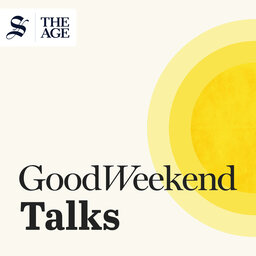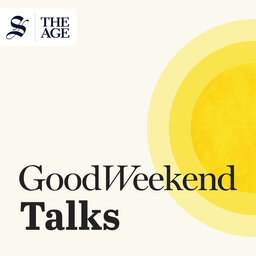Did Robert Farquharson kill his three sons? A science-led reappraisal
In this episode we speak with the chief executive of the Australian Academy of Science, Anna-Maria Arabia, who leads a growing band of people expressing concern about the evidence used to convict Robert Farquharson of the murder of his three sons.
The Victorian father drove his car, with the three boys inside, into a dam on Father’s Day, 2005, for which he is serving a 33 year sentence. Arabia unpicks the evidence used in his case and calls for better science to be presented in the legal system in general.
Hosting the episode is a journalist who’s spent months combing through the Farquharson evidence, Michael Bachelard, a senior writer with The Age.
 Good Weekend Talks
Good Weekend Talks



